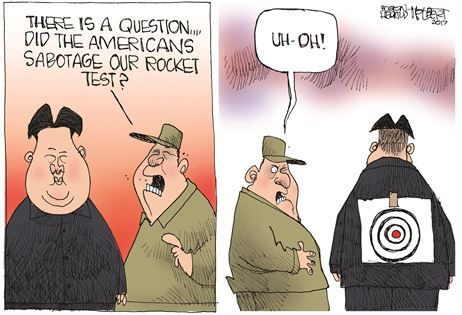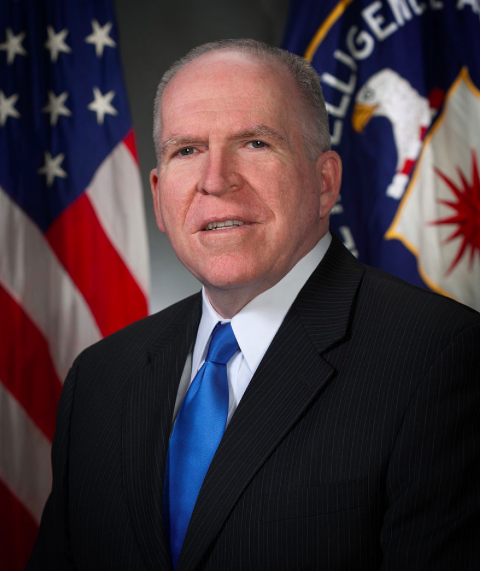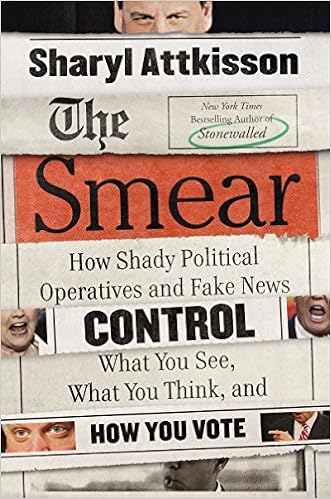Zero Hedge
. . . "Both sources said the military was not looking to use the high-profile missile-defense system the US is providing to South Korea, the Terminal High Altitude Area Defense (Thaad). Thaad’s 200km range and sophisticated radar have unnerved China, whose president, Xi Jinping, has been coaxed by Trump into pressuring North Korea.
"In the past, several US administrations have considered shooting down North Korean missile tests, only to turn away from the option when considering the consequences of escalation against an unpredictable and bellicose adversary. Rumors have circulated since Trump took office that he has been mulling a shoot-down. A US official said the military was discussing a potential shoot-down ahead of Trump’s meeting with Xi on 6 April at Trump’s Mar-a-Lago resort in Florida. The discussion also preceded Friday’s North Korean military parade, during which Pyongyang displayed advancements in its intercontinental ballistic missile program and anti-ship missiles, as well as a test-launch failure on Saturday. Senior Pentagon officials pondering the shoot-down option are said to have conceded they are unsure how North Korea would respond, especially considering North Korea's comments...
"If the U.S. is reckless enough to use military means, from that very day, there will be all out war. Our nuclear weapons protect us from that threat," Vice Foreign Minister Han Song-Ryol told the BBC's John Sudworth. "We'll be conducting more missile tests on a weekly, monthly and yearly basis," he threatened. He said that an "all-out war" would result if the US took military action.
"Neither Pentagon nor US Pacific Command representatives responded to a request for comment. Another factor complicating a shoot-down would be the risk of embarrassment should Aegis interceptors miss a North Korean target, which might embolden Pyongyang and unnerve US regional allies.
"Ken Gause, director of the international-affairs group at the CNA thinktank influential with the Pentagon, said US planners have grown frustrated with coercive diplomacy amid North Korea’s maturing nuclear and missile capability. But Gause said that while Washington might spin a shoot-down as a step below an attack on North Korea or an attempt to overthrow its government, it risked validating Kim’s position that North Korea needs nuclear weapons and long-range missiles to respond to American aggression." . . .











